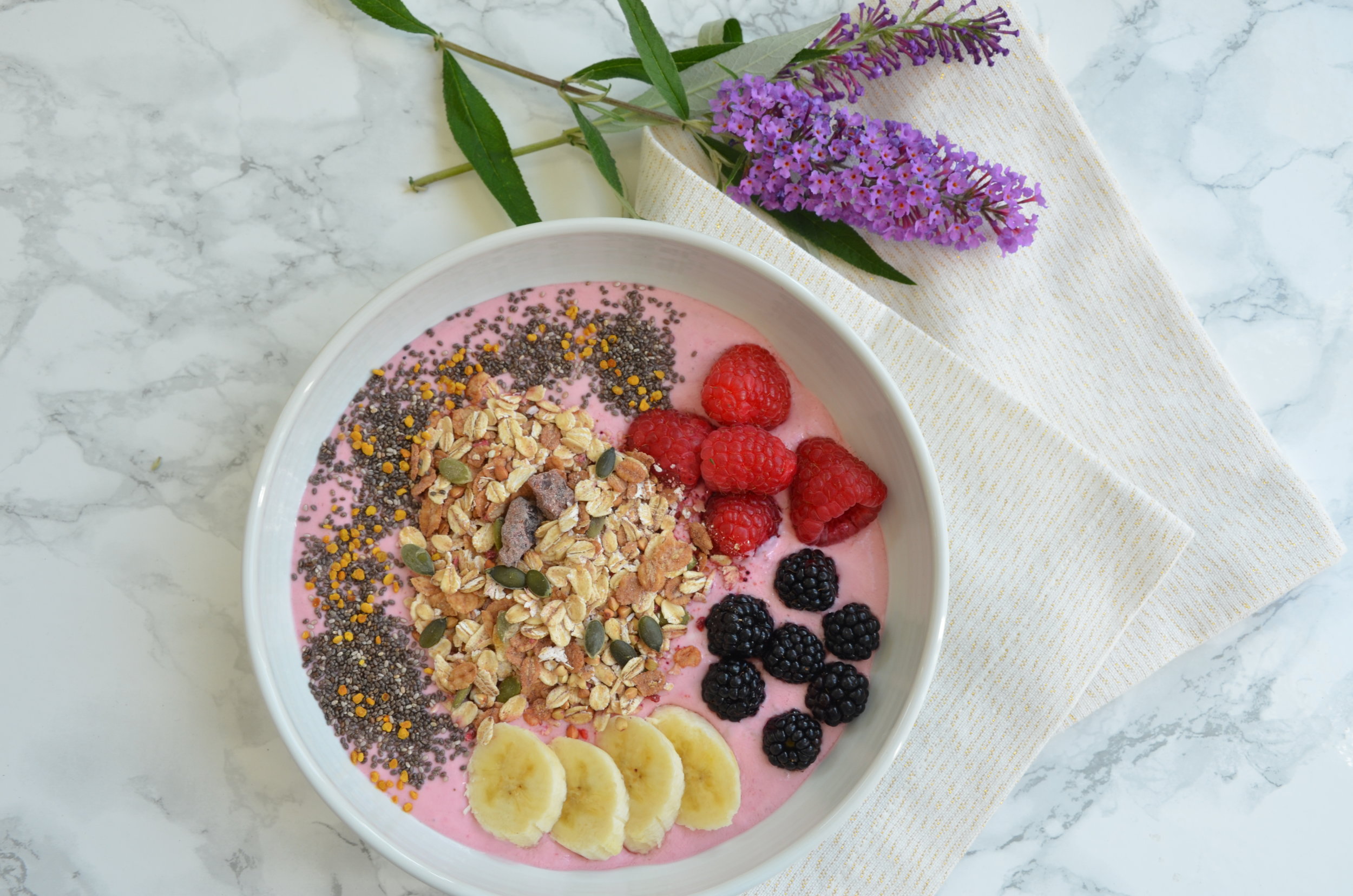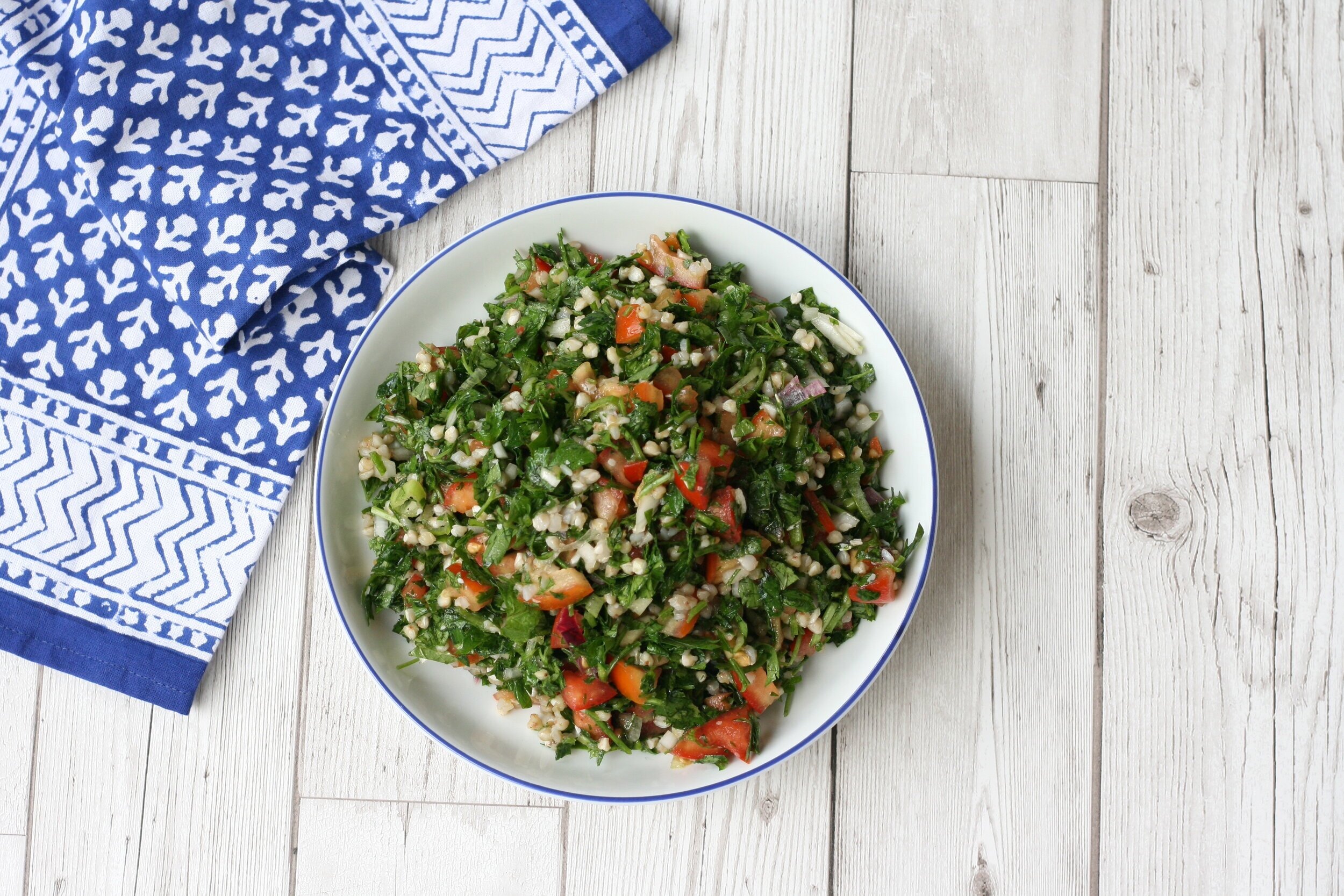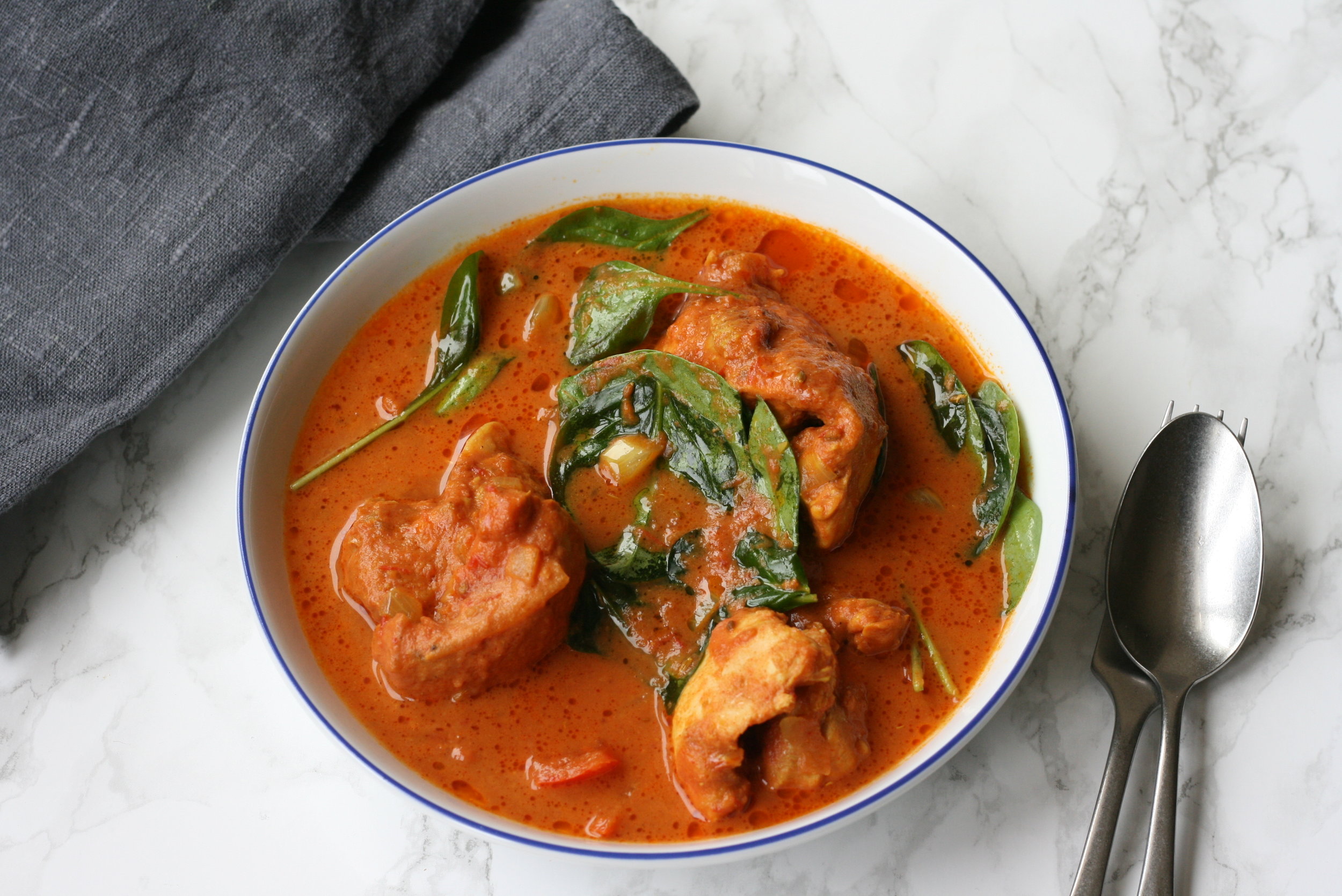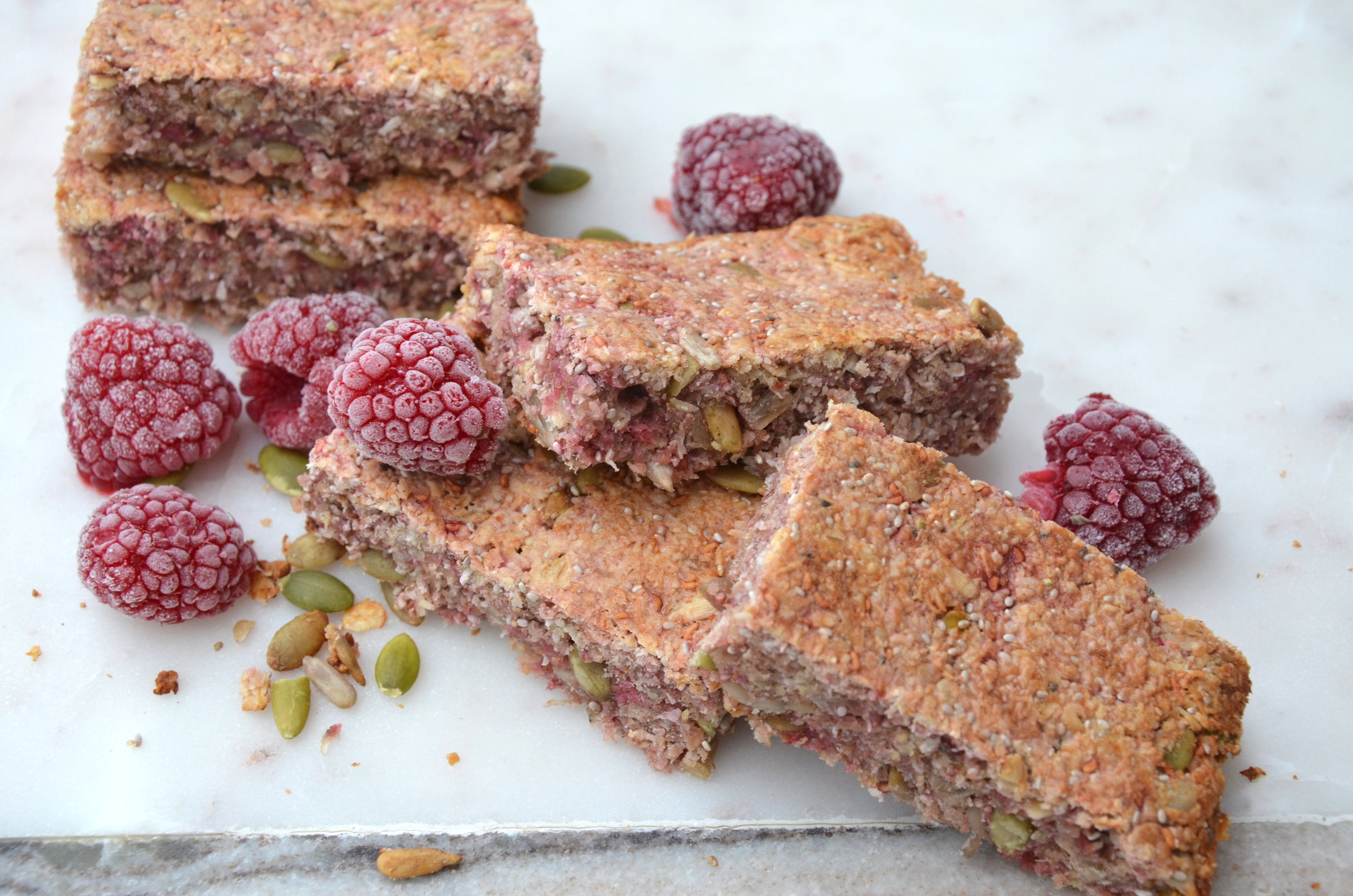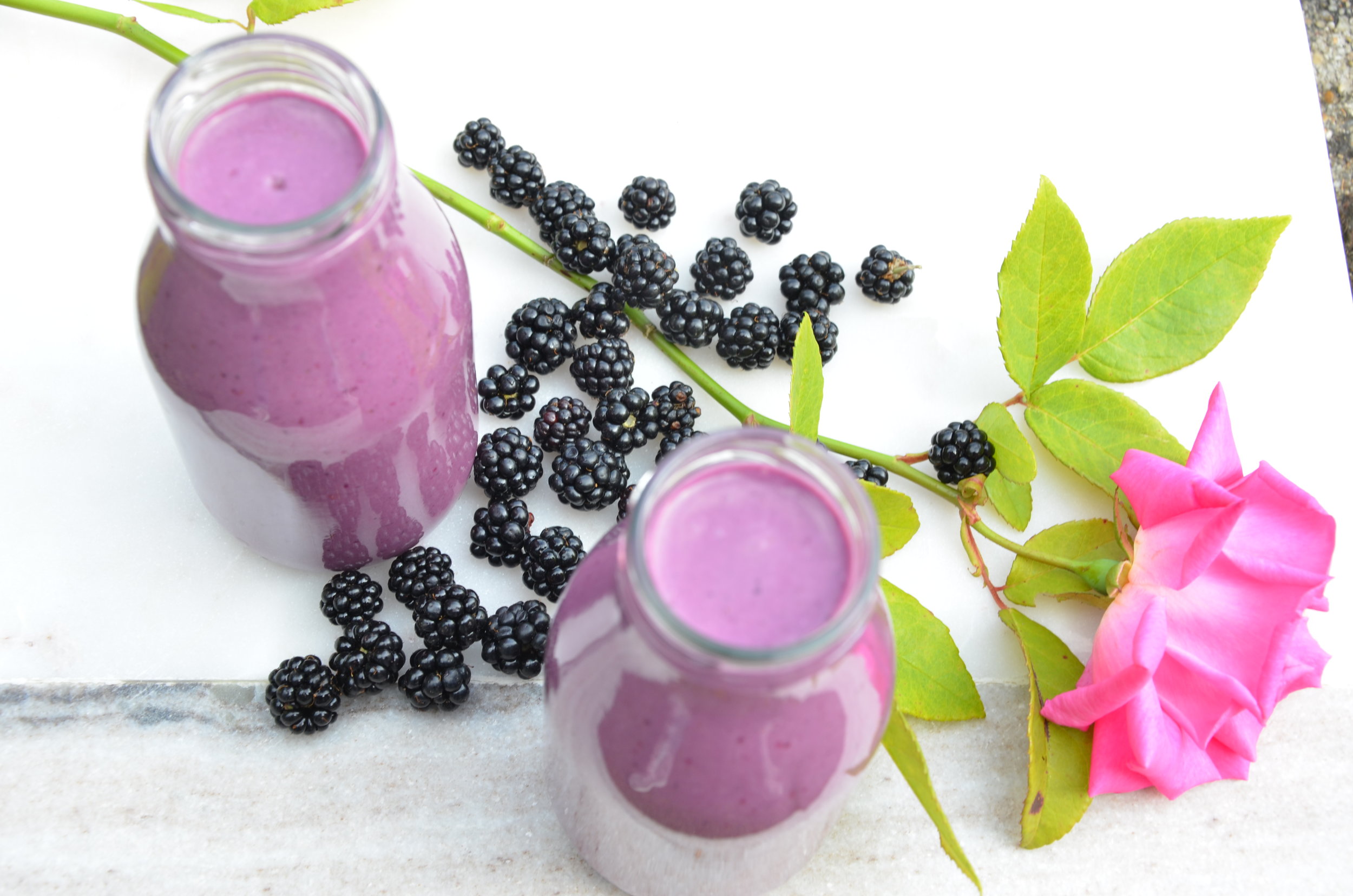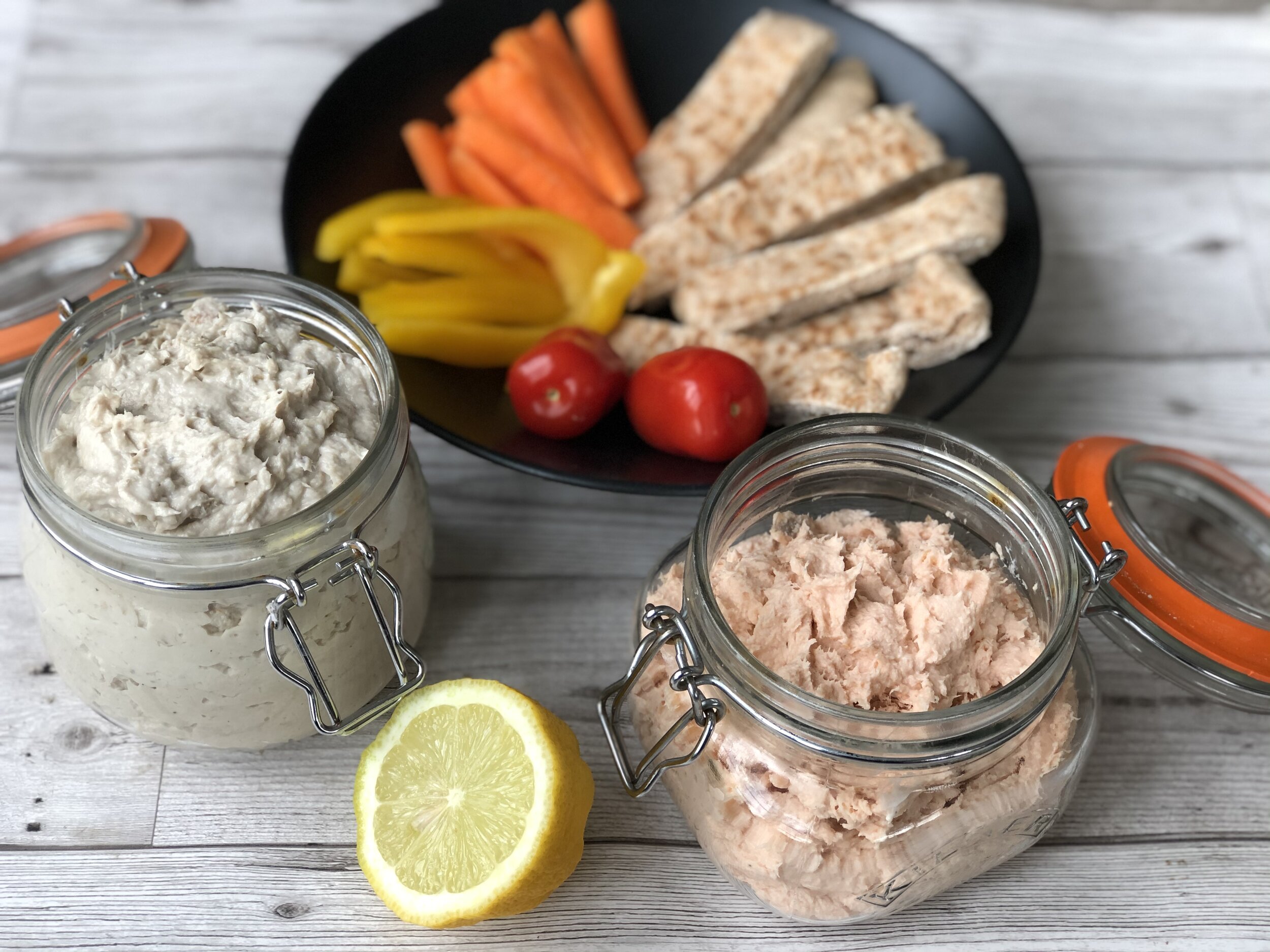What foods to eat during the menopause
The menopause can be a scary time with lots of unexpected things happening in your body such hot sweats, irregular periods, weight gain around the middle, brain fog and anxiety. Peri-menopause is the time leading up to the actual menopause when changes start to happen and this period can last up to 10 years which can surprise lots of women. There are lots of foods that you can introduce or increase during this time to help you manage your symptoms.
Phytoestrogen-rich foods
A diet rich in phytoestrogens has been shown to reduce the symptoms of menopause. Phytoestrogens are plant compounds with oestrogen-like properties. The chemical structure is similar to oestrogen and appears to exert an oestrogen or anti-oestrogenic effect depending on the circulating oestrogen level. Phytoestrogens include flaxseed (linseed), tofu, tempeh, alfalfa, red clover, mung beans, nuts, sunflower seeds, rye and buckwheat.
Oily fish
Oily fish such as sardines, salmon, mackerel, anchovies and herring contain omega-3 oils. These omega 3 oils help by exerting a positive effect on hot flushes, brain fog and depressive symptoms. Aim for 2 portions a week. If you don’t like oily fish consider taking an omega 3 supplement. However please check with a heath professional as with some medication this is not advisable.
Calcium foods
Up to 30% of postmenopausal women are estimated to have osteoporosis. Calcium balance deteriorates at menopause when there is a decline in intestinal calcium absorption and/or an increase in calcium excretion. In postmenopausal women, there is evidence that a high calcium intake and adequate vitamin D will slow the rate of bone loss and may help reduce the risk of fractures. Calcium-rich foods include tofu, sardines, salmon, egg yolk, green leafy vegetables, tahini, almond and brazil nuts as well as dairy products.
Ensure adequate protein
Menopause is associated with muscle loss due to decline in the hormones that support protein synthesis. Inadequate protein and a sedentary lifestyle can increase this risk. Women over 50 should consume 1-1.2 grams of protein per kg of bodyweight or aim for 20-25g of good-quality protein with every meal.
What next?
We don’t want you to suffer with peri-menopause or menopausal symptoms. We run workshops and courses on helping to manage your systems, we can supply meal plans with all the nutrients needed to help or we can offer one-to-one personalised nutrition and supplement advice and coaching. See The Shop to see what we are offering at the moment or click here to book a free chat with our nutritional therapist to discuss your symptoms.

